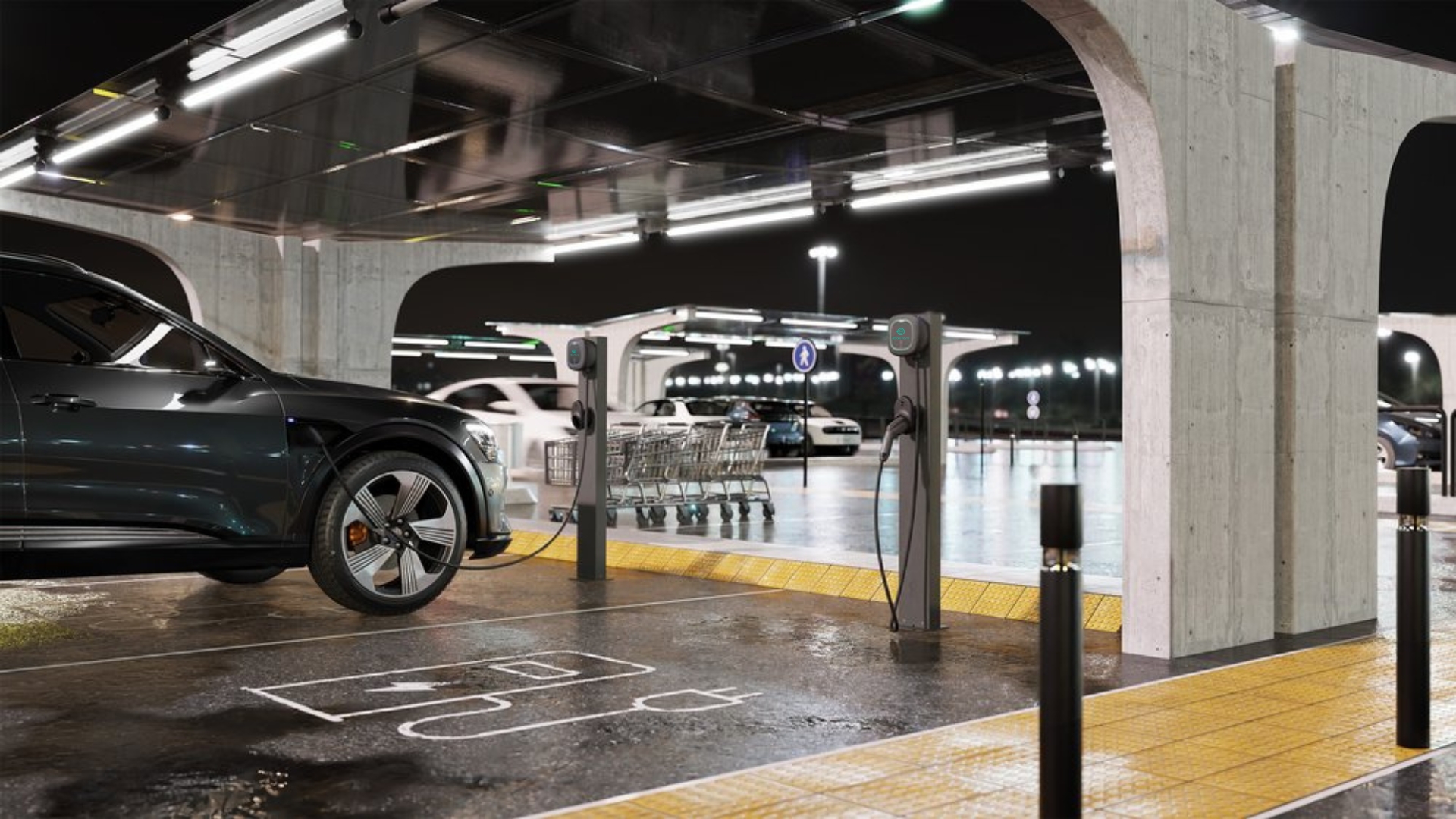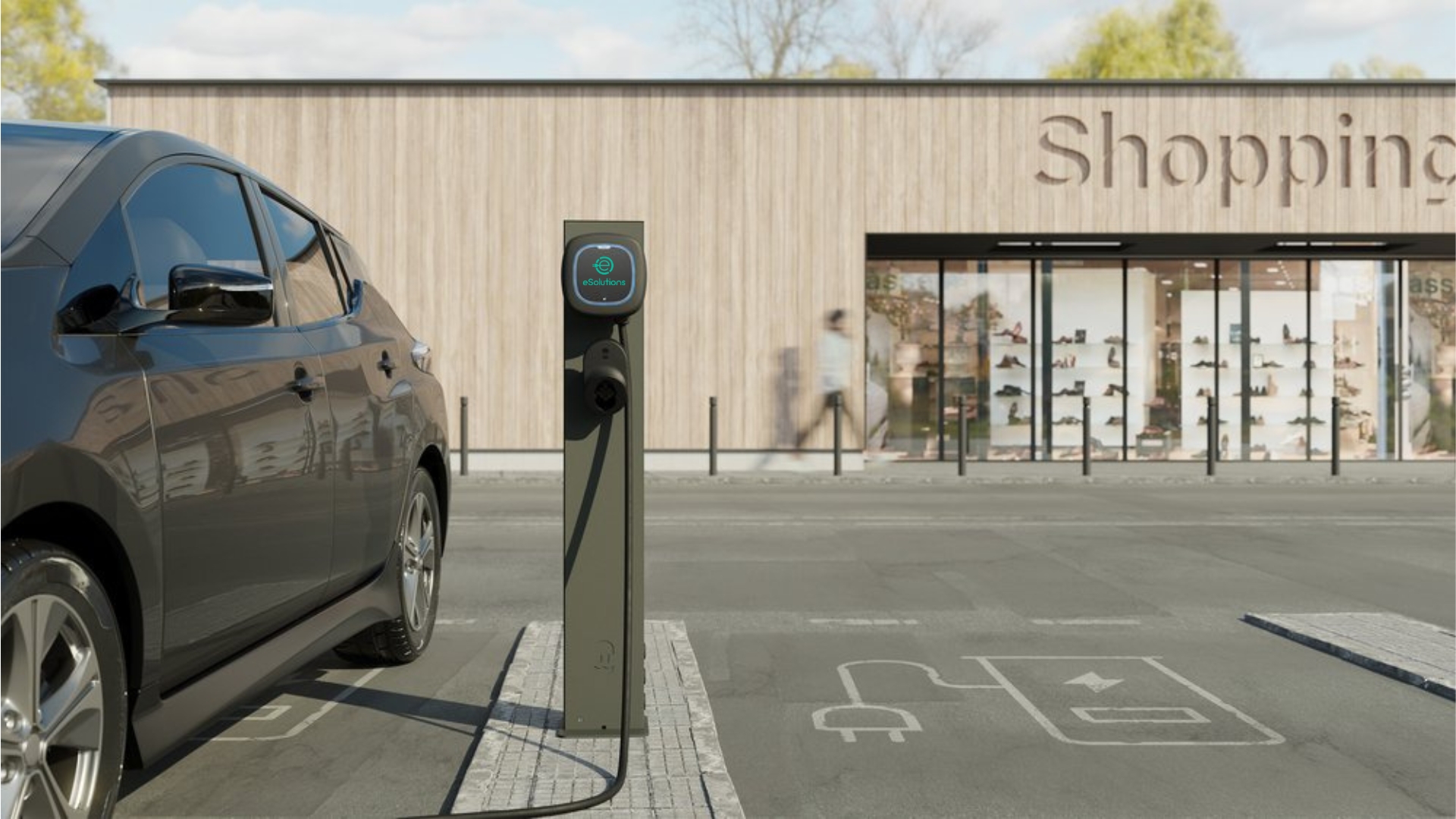Basics of Commercial Charging
Commercial EV charging stations provide convenient and accessible charging options for electric vehicles in public spaces.

Level 1 (L1) vs Level 2 (L2) vs Level 3 (L3)
Commercial EV charging stations offer a range of charging options, from Level 1 for slower charging to Level 3 for rapid charging. Level 1 uses a standard 120-volt outlet, while Level 2 utilizes a 240-volt outlet, providing significantly faster charging times. Level 3, also known as DC fast charging, is the quickest option, capable of charging an EV's battery in a matter of minutes.

Level 1 (L1)
Speed: The slowest charging options, adding around 3-5 miles of range per hour.
Charging Time: Typically takes 3 days to fully charge an electric vehicle.
Ideal Use: Suitable for short-term parking or emergency charging.
Location Types: Residential.

Level 2 (L2)
Speed: A faster option, adding around 25-50 miles of range per hour.
Charging Time: Typically takes 5-10 hours to fully charge an electric vehicle.
Ideal Use: Suitable for daily commuting and longer trips.
Location Types: Residential, public & semi-public parking, service stations & rest stops, retail, and fleet & bus depots.

Level 3 (L3)
Speed: The fastest charging option capable of adding 80-200 miles of range per hour.
Charging Time: Typically takes 15-60 minutes to fully charge an electric vehicle.
Ideal Use: Best for long-distance travel and quick recharging.
Location Types: Public & semi-public parking, service stations & rest stops, retail, and fleet & bus depots.
Accessibility
Commercial charging stations are located in convenient public places, making it easy for EV drivers to find a charging point.
Variety of Charging Options
Commercial charging stations often offer a range of charging levels to accommodate different EV models and charging needs.
Payment Flexibility
Multiple payment options provide convenience for EV drivers.
Supporting EV Adoption
Commercial charging stations play a crucial role in expanding the infrastructure needed to support the growing number of electric vehicles.
Charging Infrastructure
Commercial charging stations typically consist of multiple charging points, each with a dedicated power supply and charging connector.
Compatibility
Modern charging stations are compatible with a wide range of electric vehicle models, ensuring that drivers can charge their vehicles regardless of the brand or type.
Network Connectivity
Many charging stations are connected to a network that allows for remote monitoring, maintenance, and updates, ensuring optimal performance and reliability.
Reliability
Charging infrastructure is typically designed to be reliable and fault-tolerant, ensuring that drivers can count on the stations to function properly when they need them.
More questions? Let's chat!
Contact Free2move eSolutions anywhere, anytime at +1 (833) 32-CHARGE or supportf2m@f2m-esolutions.com.



